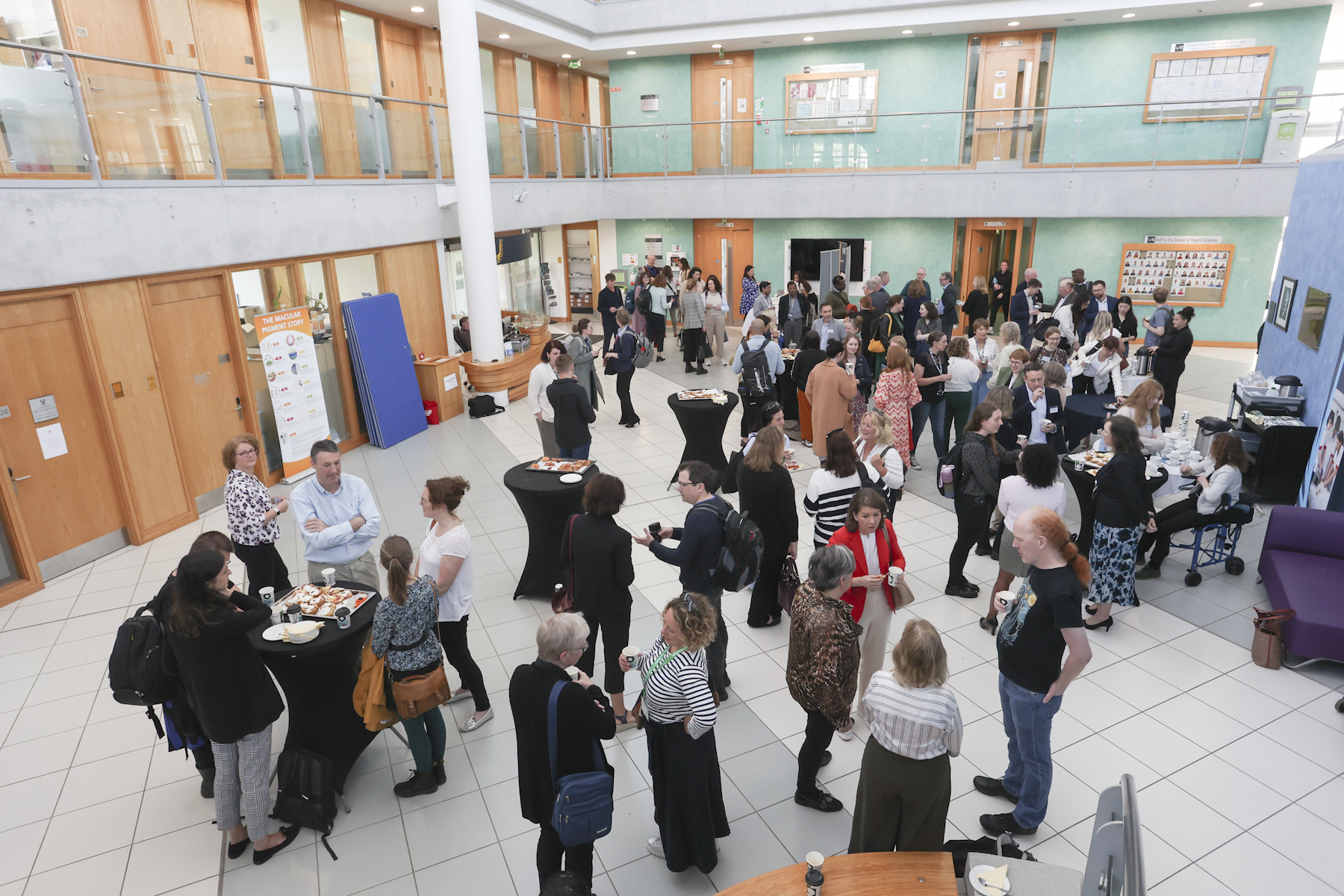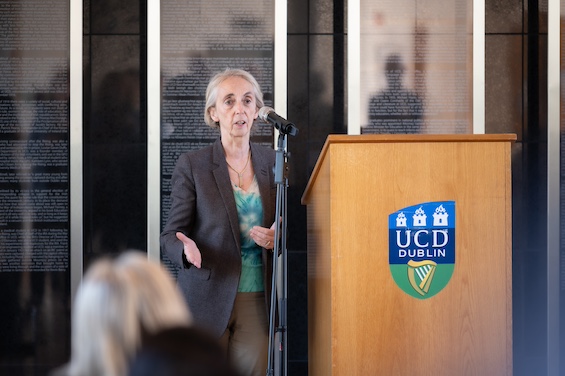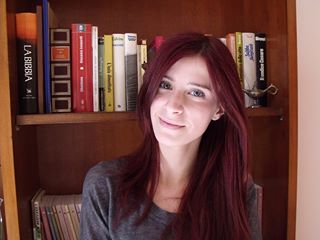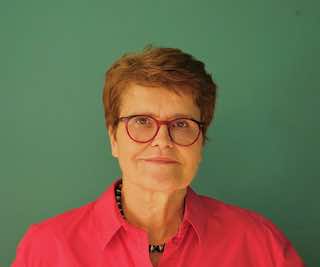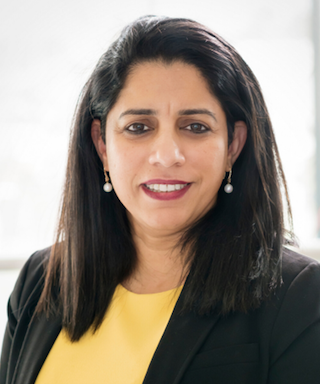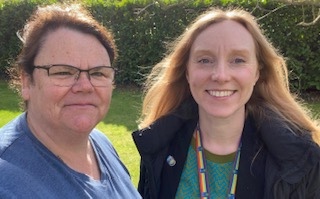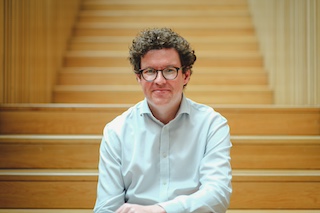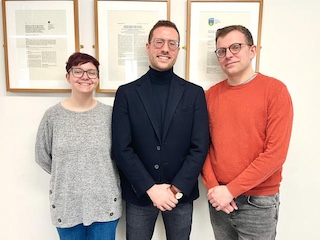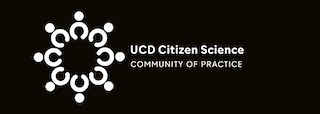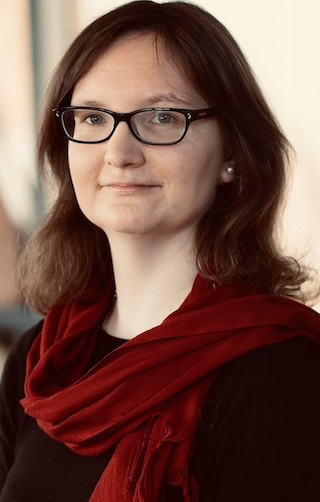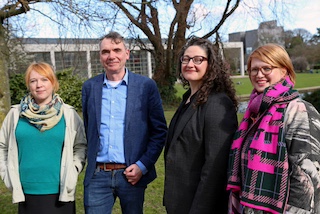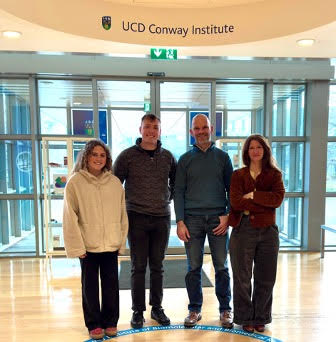Celebrating ReCLAIM Awardees: Round 2
Research Culture and Environment is one of four themes in UCD’s Strategy for Research, Innovation and Impact, ‘Shaping the Future’. The strategy states that “we want every member of our research community to experience a positive culture that clearly values research and an environment that supports them to reach their full potential.” Based on surveys, focus groups and other means of engagement with the community, the Research Culture Team have identified a desire for funding of local initiatives, to complement institution-wide research culture activities. The ReCLAIM fund provides support for teams wishing to explore new ideas to foster a positive and supportive research culture locally, that also have the potential for wider impact across the university. The projects will explore innovative approaches to enhancing the environment in which research takes place, and the culture in which research is performed. Read about each awarded project below.
Funding for this scheme is provided by the Wellcome Institutional Fund for Research Culture. For further information on UCD Research Culture actions, see www.ucd.ie/researchculture
